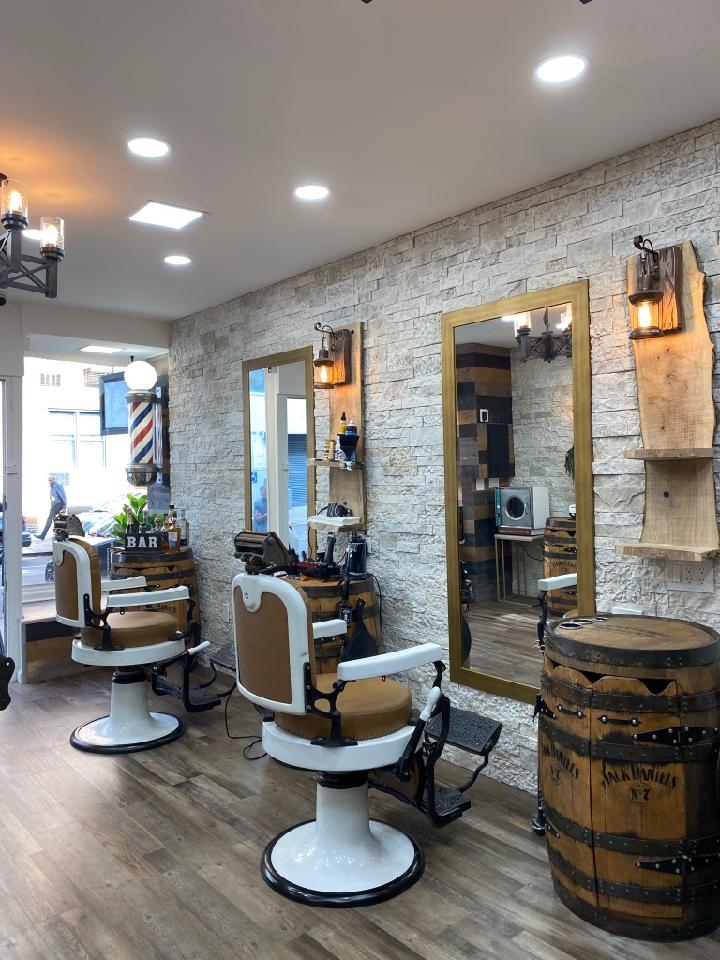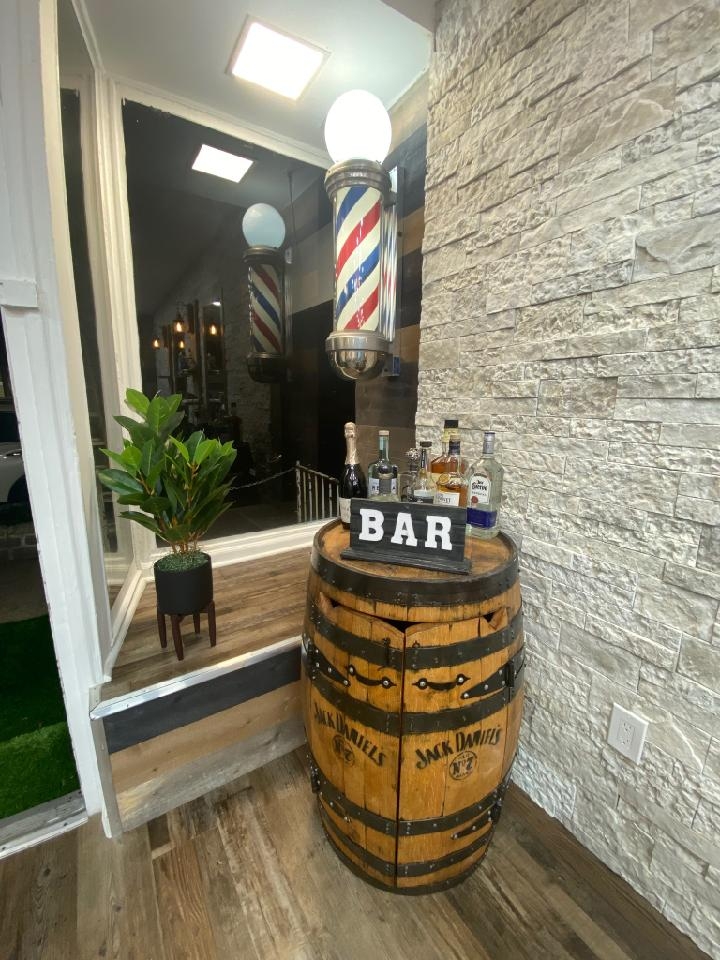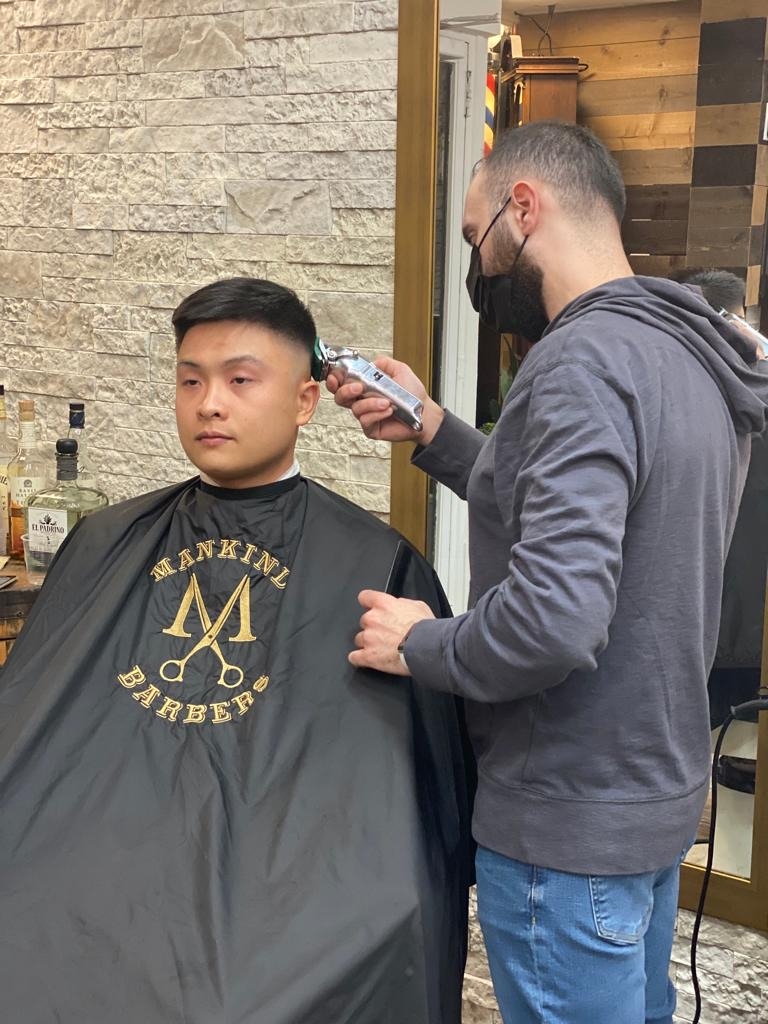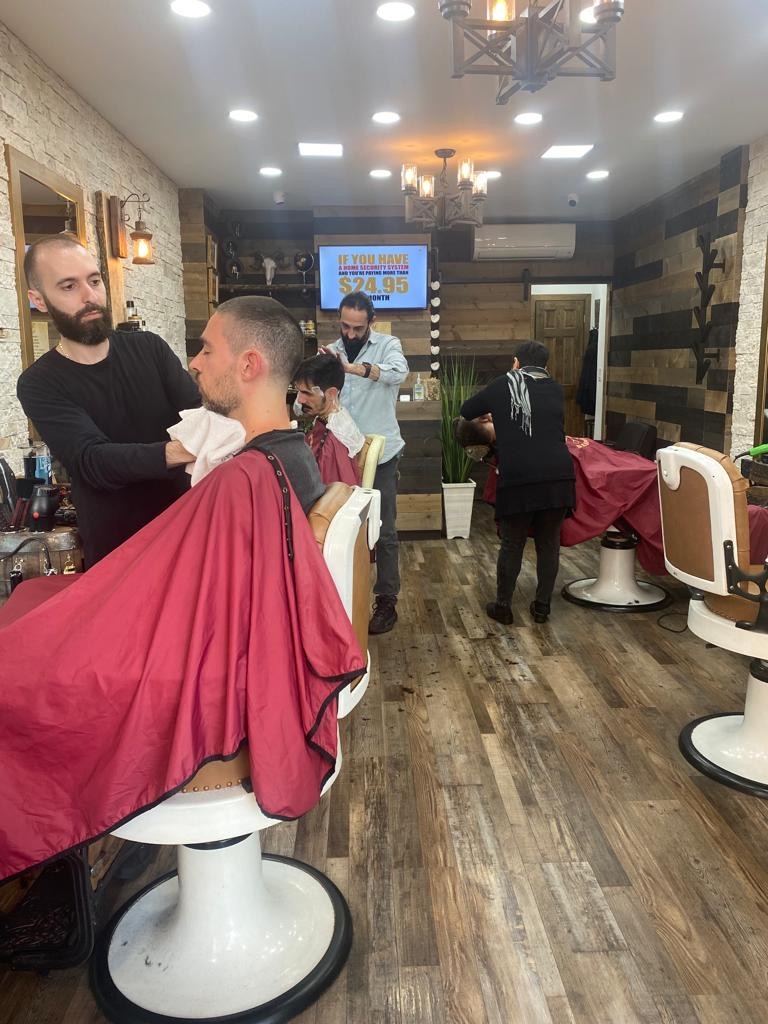Beard Oil Ingredients
What are the benefits of using beard oil with argan oil as an ingredient?
Beard oil with argan oil as an ingredient offers numerous benefits for facial hair and skin. Argan oil is rich in vitamins, antioxidants, and fatty acids that help moisturize and nourish the beard, making it softer and more manageable. It also helps to promote healthy hair growth and can prevent split ends and breakage. Additionally, argan oil has anti-inflammatory properties that can soothe irritated skin and reduce redness, making it an excellent choice for those with sensitive skin.



